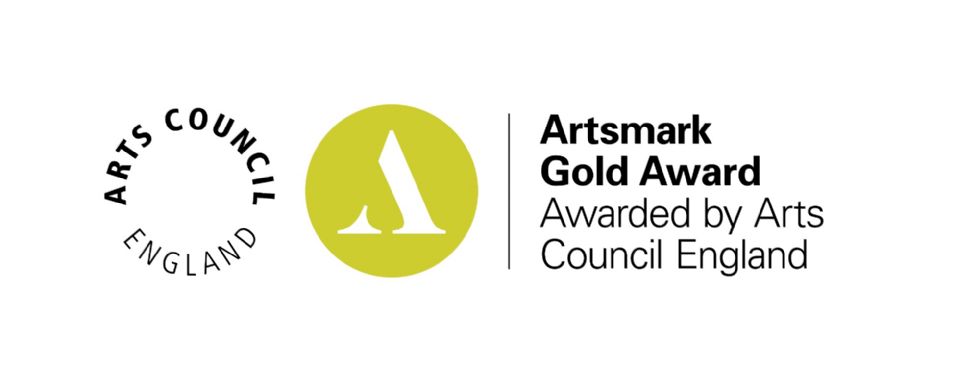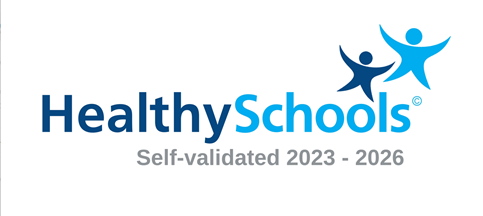Social Development
As an area special school Spring Common meets the needs of a wide range of students with learning difficulties. There are times when this means that it is not possible to create the types of environment that one might find in an ASC specific school. However, this also provides opportunities for social learning that would not be on offer in an ASC only context. Many of our young people are highly socially motivated and will approach our students with ASC seeking interaction and engagement. We seek to make the most of these opportunities, teaching all our young people specific social approach skills and teaching students with ASC how to accept invitations to engagement from others, or alternatively, to make clear in socially acceptable ways that these are not welcome.
Opportunities for social engagement and development exist throughout the school day:
- in whole class activities
- in paired and group activities
- through community based activities
- at lunchtimes
- at playtimes
- in practical life skill lessons
- extracurricular clubs
- school responsibilities such as peer mentoring, librarian duties or class prefects
- Post 16 college attendance, work experience, and work related learning
- visiting professionals providing weekly workshops or performances
- off site learning opportunities such as horse riding lessons, Gymnasium visits and educational trips
All teachers are expected to include one social development target on the IEPs of children with a diagnosis of ASC.
Social Stories
Social stories are a highly effective intervention used widely at Spring Common to support children in understanding the perspectives of others and the rules by which society operates, by explaining these in written form. Although the originator of this methodology, Carol Gray, has produced a wealth of examples in her books we very rarely find that an ‘off the shelf’ example is suitable. (The information on this page is based on Carol Gray's social story guidelines, published in The new social story book (1994), and can also be found on The Gray Center for Social Learning and Understanding website). The degree of variance in the particular context that is proving difficult for the child to manage, the cognitive and reading ability of the child and the need to adapt each story to his or her interest means that a personalised version is almost always required.
The ASC team may be approached for support in writing social stories and will willingly assist.
The types of situation for which social stories have proved helpful include:
- Supporting a child in learning the importance of cleaning teeth and developing a regular teeth cleaning habit.
- Learning about socially acceptable touch.
- Anticipating and managing a change to home / school transport.
- Understanding why it is not acceptable to shout at adults when upset.
Please see parent resources page on our school website to download a generic example of various social stories
Personal, Health and Social Education with Life Skills (PHSEL)
All students at Spring Common follow a PSHE curriculum. For some of the students with ASC who have particular difficulties in aspects of social functioning we have developed a bespoke curriculum which is flexible and can be adapted to the current needs of the students.
In following this programme students have covered:
- managing public spaces including shops and cafes
- kitchen skills including healthy eating and expanding dietary range
- personal hygiene
- collaborative working, for example through horticulture tasks
- understanding the rules of socially acceptable touch
- road safety
- personal biographical information such as knowledge of address
Self Awareness For Children with Higher Functioning Autism/Asperger's Syndrome
There are a number of children at Spring Common with a diagnosis of Asperger’s syndrome (AS), a diagnosis within the Autistic Spectrum. Many children with this diagnosis have reasonable oral language skills and some of the enhanced communication systems in use at the school may not be necessary for them. However, a core component of the diagnosis is difficulty with social communication and so support in this area is frequently required. Children with AS often have strong social motivation but find that their understanding of the rules of social communication hinder their effective functioning. In this case it is often important for the child to develop self awareness and, for example to understand why their social approach to others may be rebuffed.
Children with AS often understand that they struggle with social communication and experience great frustration related to their difficulties in this area. All pupils follow a PSHE and Life skills programme as part of their weekly timetable.
Emotional Literacy Training
Occasionally, a young person with high functioning autism experiences very marked difficulties in particular social contexts such as during playtime. On these occasions a personalised emotional literacy programme may be beneficial. Such a programme can be delivered on an individual basis by a member of the Autism team over a period of approximately 6 – 10 weeks.
This work seeks to develop skills in the following areas:
- self awareness
- self management
- awareness of others
- relationship management
It is based on the premise that when children have difficulties in interpersonal relationships there is a tendency to intervene at the level of relationship management. For children with autism it is often necessary to support the development of one of the earlier subskills as shown in the diagram below:
The first step is to help the young person to become aware of his or her own internal emotional functioning. This can then lead on to awareness of the emotional functioning of others (empathy) and management of one’s own emotional state. Arguably, only when these 3 components are in place, can we reasonably expect young people to manage relationships successfully.




